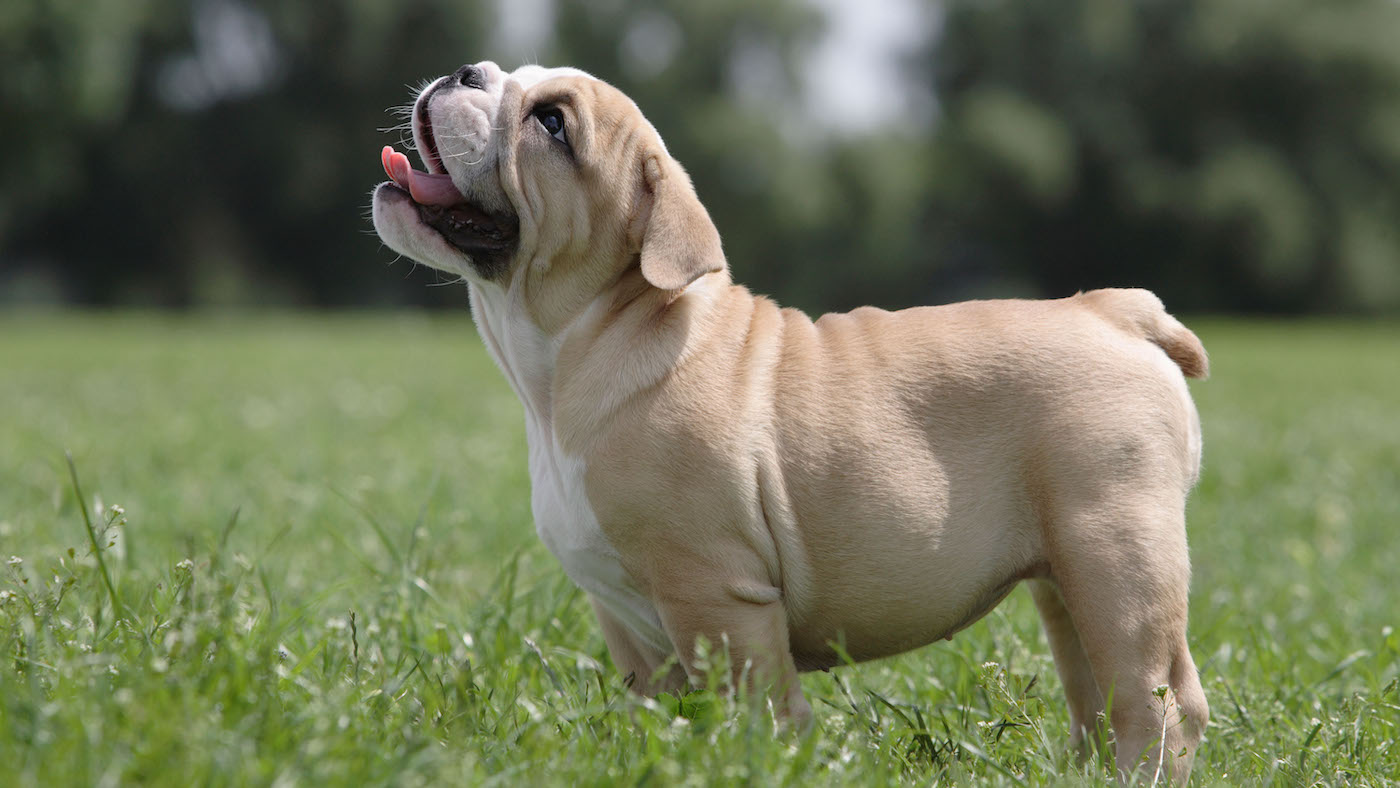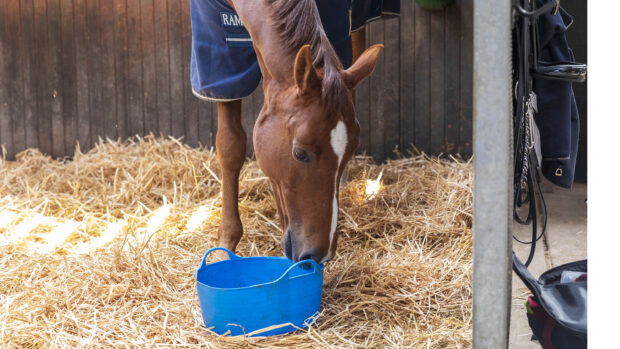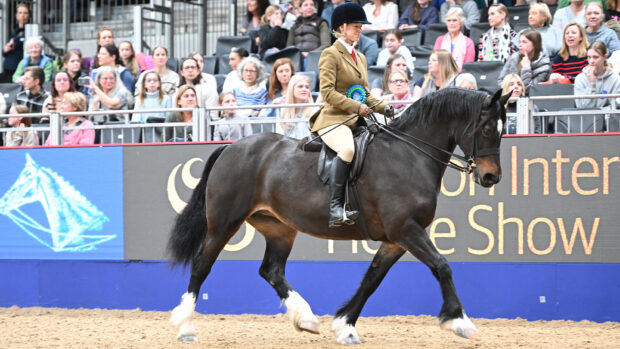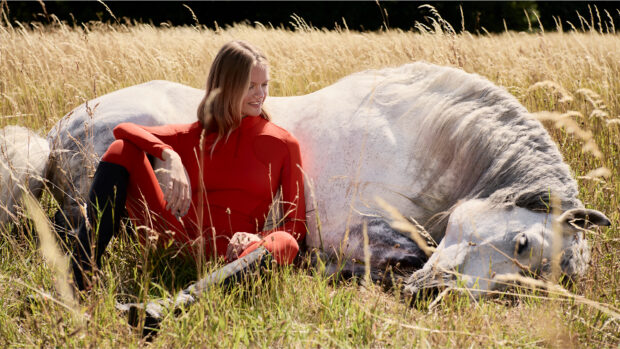The bulldog is an iconic British dog breed, a symbolic of courage, loyalty and tenacity. Bulldogs were bred originally to bait bulls for entertainment, with their strong heads and powerful jaws, and developed from larger mastiffs. However, when bull-baiting was prohibited in 1835, these thickset, gentle dogs were refashioned as companions. Britain is proud of the bulldog – in World War I they featured on propaganda posters, while in World War II, Winston Churchill was likened to the breed thanks to his defiant stance against the Nazis.
Physically, they look like a bruiser, being thick set and low-slung with a distinctive “sourmug” expression thanks to their pushed-in nose and underset jaw. Their loose skin gathers in folds, giving them a furrowed brow and hanging chops.
Easy-going and docile, the bulldog has a rolling gait and noisy breathing due to their brachycephalic facial structure, which can make exercise rather a chore. However, they enjoy a brisk walk – and, even better, curling up their 25kg weight into your lap if they possibly can.

Bulldog: fact file
Kennel Club breed group: utility
Size: medium
Daily exercise: up to an hour
Coat: short, shedding
Colours: brindle, fawn, red, red brindle, red fawn, white – either solid or with white
Lifespan: up to 10 years
Bark: bulldogs are typically quieter than other dog breeds, not given to excessive barking. However, they make plenty of other noises, including snoring, grunting and snuffling.
Distinctive features: the sourmug face – they might not look friendly, but they are docile and loyal; folds of skin around their face and jowls; and their unique rolling gait on wide, sturdy legs.
Temperament: alert, bold, loyal and courageous. Their fierce appearance belies a gentle and affectionate character.
Things to consider: bulldogs are a brachycephalic breed, which means that their breathing is compromised due to their short snout and pushed-in nose, and consequently shortened airways. Hot weather exacerbates the issue, so don’t exercise your bulldog during the heat of the day, and make sure they are able to cool down. They may benefit from one of the best dog cooling jackets, best cooling dog beds or best cooling mats to provide respite.
Bulldog owners should pay particular attention to keeping them at a healthy weight – excess fat will make breathing even more of a struggle. Check out these tips for helping your dog to lose weight.
Skin issues are another problematic area, as the folds of skin can create a moist, warm environment for bacteria to flourish. Wipe the folds clean regularly and keep an eye on any irritation or signs of infection.
Bulldogs aren’t swimmers, so while they may love to splash around in a doggy paddling pool, supervise them very closely anywhere they might be out of their depth, as they are simply not built to propel themselves through water.
Training: this is a breed that loves to please, and is also naturally food-orientated so should thrive on rewards-based training with treats – without overdoing it!
With their super-strong necks, tug-of-war is their speciality and can be great fun for stimulation, but make sure you teach them as a puppy to release on command or you’ll have a big battle on your hands when the pup grows up.

The Bulldog Handbook | Amazon
This book claims to be “most in-depth book ever published on bulldogs” and we think they might be right!
You may also enjoy reading…

Is extinction likely for some British dog breeds? Here are the 35 listed as vulnerable

10 British dog breeds everyone should own (at least one at some point in life)

Does your pooch make the cut? The 15 most popular dogs in the UK – and some may surprise you

Oh so cool! Best dog cooling jackets to help prevent your pooch overheating

Best cooling dog beds for stuffy nights and hot days

Subscribe to Horse & Hound magazine today – and enjoy unlimited website access all year round




